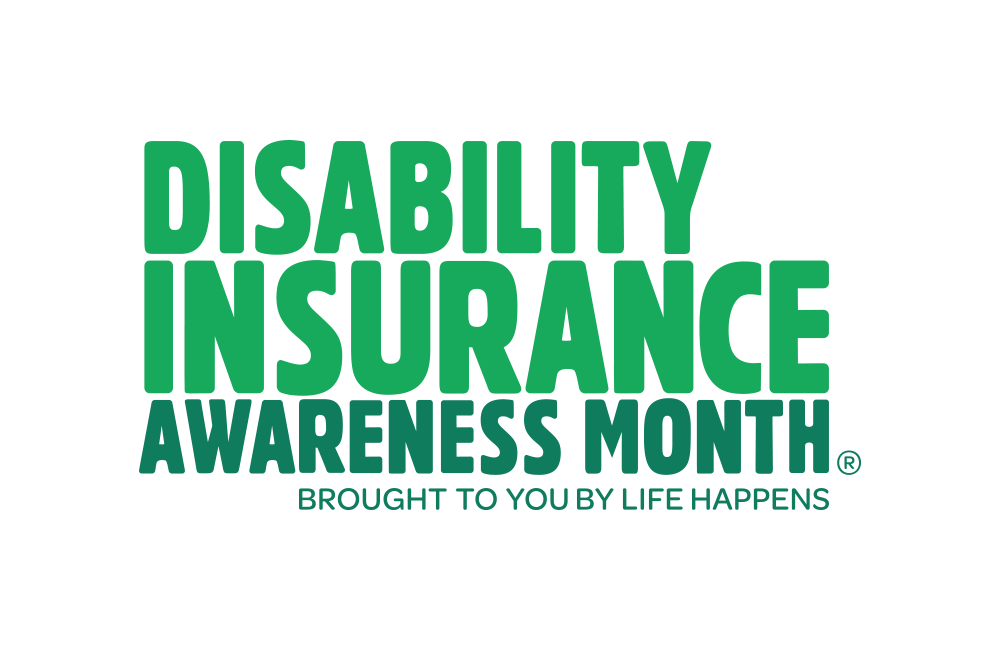Dierdre Van Nest is the creator of the Crazy Good Talks Blueprint, which teaches financial professionals how to be “Crazy Good” speakers so they can build their brands and bring in business.
This article she wrote for Advisor Today a couple of years ago will inspire you to sell more DI insurance during Disability Insurance Awareness Month, which is currently under way, and in the months ahead.
It was March 2016. We had just bought my dream house. It had four bedrooms, three baths, a pool and plenty of space to entertain inside and out. I was excited but also scared. I was scared because what came with the house was a 30% increase in our mortgage payment.
Soon after we moved in, during many times a day for months, I remember thinking to myself, "What if something happens to me? How will we pay the mortgage for the house?" You see, my husband and I had agreed that I would cover the increase in the mortgage payment. This agreement would be no problem, assuming I was working.
Finally, I got sick of worrying and called my financial advisor. I went through underwriting and, thankfully, got approved. It felt great to put that worry to rest!
Like most consumers, my feelings motivated me to buy disability income (DI) insurance. However, many advisors try to appeal to their clients’ logical side when selling DI or any other product, not their emotional side. This is a big mistake because most people make decisions based on emotions and back their decision up with logic. Your clients do the same.
This means that initially, your job is not to make sure they "get it" but that they feel it. Their feelings are what will motivate them to buy DI insurance.
Tapping into your clients’ feelings
So how do you tap into your client’s feelings? It’s simple. You tell them a story. You tell them a story about a person who either had DI or needed to use it, and the effect that having a policy had on their life, and/or you tell them a story about a person who did not have DI, needed to use it and the effect that not having a DI policy had on their life.
Most people make decisions based on emotions and back their decisions up with logic. Your clients do the same
But not all stories are created equal, so here are three tips you can use to make sure your story is "Crazy Good":
Tell a story about a person who is similar to your client. Years ago, one of my clients, Matt, told a story to a group of young moms about another young mom named Ali who was struggling with the same things they were struggling with. Not surprisingly, that story struck a chord and persuaded almost everyone in the audience to do business with him. I guarantee: Had that story been about a 60-year-old truck driver named Al, his conversion rate would have been a lot lower.
Paint a picture. Give your listeners a few details that will bring the story to life. Tell them what was going on at the time and what your main character saw, felt or heard. Include a detail that makes your character relatable to your audience.
Include dialog in your story. Don’t just narrate your story by telling them what your main character said. Tell the story as if your character were telling it. For example, instead of saying, "My client told me she’d been lying awake at night worrying what they would do if she couldn’t pay the mortgage," say something like, "I’ve been lying awake at night worrying about what we’d do if I couldn’t pay the mortgage." Adding dialog to your story will make your listeners feel as if they know your character. This helps in bringing your story to life.
Connect emotionally with your prospects’ emotions and you will not only sell more DI insurance policies, you will protect more lives, as well. Remember that nobody wants to buy DI insurance until they can’t buy it. With this information, your role is to disturb your client. If you feel squeamish about doing this, think about how much worse you’ll feel when your client becomes disabled and asks you, "Why don’t I have DI?"
By disturbing your clients, you’re actually serving them.
Deirdre Van Nest is the creator of the Crazy Good Talks™ Blueprint a system that teaches financial advisors and insurance agents how to be "Crazy Good" speakers so they can better the world, bring in business, and build their brands by using speaking. Learn more about Van Nest’s work at crazygoodtalks.com or email her at dvn@crazygoodtalks.com.








.png?width=300&height=300&name=CC%202025%20Ad%20(300%20x%20300%20px).png)
.png?width=300&height=600&name=Tax%20Talk%20Graphic%20-%20email%20tower%20(300%20x%20600%20px).png)



.png?width=300&name=NAIFA-FSP-LH%20with%20tagline%20-%20AT%20blog%20email%20ad%20(300%20x%20250%20px).png)
.png?width=728&height=89&name=2024%20Congressional%20Conference%20(728%20x%2089%20px).png)
